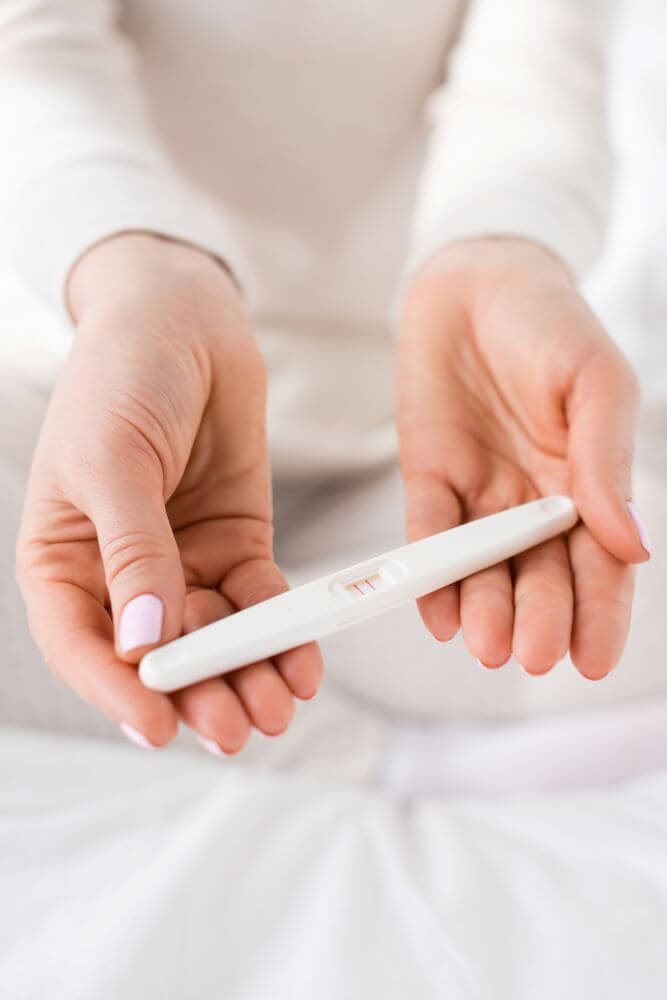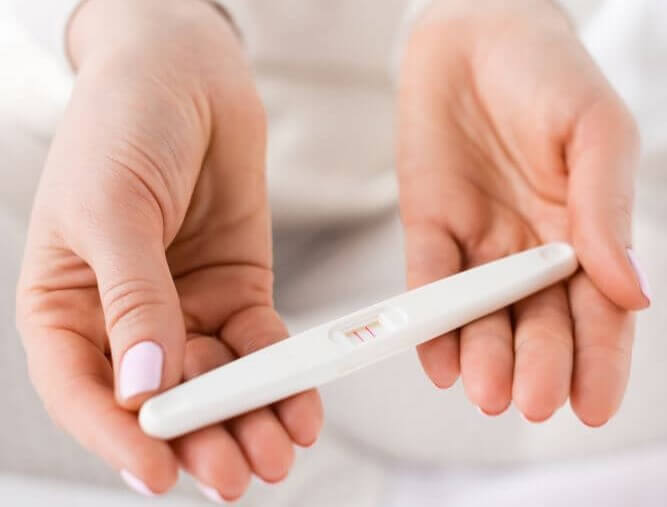The term ‘Ozempic baby boom’ may initially sound like modern medical folklore, but for many couples facing fertility challenges, it represents a new avenue of hope. Ozempic, a medication initially approved for managing type 2 diabetes and aiding in weight loss, has garnered attention for its unexpected role in increasing pregnancy rates among its users. This blog aims to provide a comprehensive overview of what Ozempic is, its potential impact on fertility, and essential considerations for those contemplating its use.
Understanding Ozempic
Ozempic, also known as semaglutide, functions by activating GLP-1 receptor agonists that influence insulin secretion and appetite. Primarily prescribed for type 2 diabetes management, its application has expanded to include weight loss due to its ability to reduce appetite and caloric intake effectively. The popularity of Ozempic has surged not only because of its efficacy in controlling blood glucose levels but also due to its significant benefits in combating obesity—a condition closely linked with numerous health issues, including reproductive health complications.

The drug’s impact extends beyond mere glucose management; it enhances overall metabolic health, which can be crucial for individuals dealing with conditions intertwined with obesity and metabolic syndrome.
The Connection to Fertility
Ozempic’s growing reputation as a potential fertility enhancer is intriguing, given its primary functions are not directly related to reproductive health. However, its metabolic effects—specifically weight loss and improved insulin sensitivity—can indirectly influence fertility, especially in individuals with conditions that affect metabolic and reproductive health, like PCOS. Let’s delve deeper into how Ozempic’s pharmacological actions may contribute to enhanced fertility.

Weight Loss and Hormonal Balance
The role of body weight in fertility is well-documented but often misunderstood. Excess weight can lead to hormonal imbalances that disrupt the menstrual cycle and affect ovulation. Body fat produces estrogen, which can lead to an excess of this hormone when there is a significant amount of body fat. This excess can inhibit the release of other hormones necessary for ovulation, such as follicle-stimulating hormone (FSH) and luteinizing hormone (LH).
Ozempic facilitates weight loss by reducing appetite and caloric intake, which can help decrease the body’s fat stores, thereby reducing the production of excess estrogen. This weight loss can help restore the balance of reproductive hormones, potentially leading to more regular menstrual cycles and improved chances for ovulation.
Furthermore, weight loss can also improve self-esteem and body image, which can have psychological benefits that also positively impact fertility. Stress and self-perception can significantly affect hormonal balance and reproductive health, making the psychological benefits of weight loss an important factor to consider.
Insulin Sensitivity and Reproductive Health
Insulin resistance is a hallmark of several conditions associated with infertility, such as PCOS and type 2 diabetes. Insulin resistance can lead to higher insulin levels in the blood, which may cause the ovaries to produce more androgens (male hormones such as testosterone). High androgen levels can prevent the ovaries from releasing an egg during each menstrual cycle, leading to ovulatory infertility.
Ozempic improves insulin sensitivity, which helps lower insulin levels in the bloodstream. By reducing insulin resistance and consequently decreasing androgen production, Ozempic may help restore normal ovulatory cycles. This improvement in ovulatory function is critical for fertility and increases the likelihood of conception.
Moreover, improving insulin sensitivity can also have broader health benefits, such as reducing the risk of developing type 2 diabetes and cardiovascular diseases, both of which can further complicate pregnancy and maternal health.
The Broader Impact on Metabolic Health
Ozempic’s effects on metabolic health extend beyond weight loss and improved insulin sensitivity. By improving metabolic profiles, Ozempic can help reduce inflammation and oxidative stress—factors that have been implicated in reduced fertility. Chronic inflammation can affect the health of reproductive tissues, while oxidative stress can damage cells, including eggs and sperm.
A Holistic View of Fertility
It is crucial to consider that fertility is influenced by a complex interplay of factors, including hormones, body weight, metabolic health, and psychological well-being. Ozempic’s role, therefore, might be seen as part of a broader strategy to improve overall health, which can, in turn, enhance reproductive outcomes. For individuals considering Ozempic primarily for its potential fertility benefits, it is essential to approach this treatment as part of a holistic health plan that includes dietary changes, regular exercise, and mental health support.
By understanding the multifaceted ways in which Ozempic can impact fertility, patients and healthcare providers can better navigate its use in the context of reproductive health. This comprehensive approach ensures that all factors contributing to fertility are addressed, maximizing the chances of achieving and maintaining a healthy pregnancy.
Anecdotal Evidence and Research
While the buzz around Ozempic’s fertility-enhancing potential grows, it is primarily supported by anecdotal evidence and individual success stories shared through social media and fertility forums. Many women attribute their unexpected pregnancies to the commencement of Ozempic treatment, suggesting a link between the drug’s use and improved reproductive health.
It is crucial, however, to approach these testimonials with caution as they do not replace scientific evidence. The medical community is urged to conduct formal research to explore this potential side effect comprehensively, ensuring that any recommendations made are backed by solid clinical data.
Caution and Considerations
Despite the promising stories, several caveats and considerations must be kept in mind when considering Ozempic for fertility purposes.
Off-Label Use
Using Ozempic to enhance fertility is off-label, meaning that it is not approved by regulatory bodies like the FDA for this use. This status requires careful consideration and oversight by healthcare providers to ensure safety and efficacy.
Potential Side Effects
While effective, Ozempic can cause side effects ranging from mild to severe, including gastrointestinal distress, which could impact overall quality of life. These side effects necessitate careful management and might pose additional challenges for those using the medication.
Need for Further Research
There is a significant gap in the research regarding Ozempic’s role in fertility. Scientific studies are needed to investigate whether the drug’s impact on weight and insulin sensitivity directly translates into increased fertility rates or if the observed effects are coincidental.
Advice for Potential Users
Considering Ozempic’s use for fertility enhancement involves several crucial steps:

- Consult a Specialist: Engaging with a healthcare provider, particularly a fertility specialist, is essential to discuss the potential benefits and risks based on current health conditions and fertility goals.
- Comprehensive Health Evaluation: Before starting any treatment, a full health evaluation should be conducted to understand the potential impacts thoroughly.
- Monitor Health Changes: Continuous monitoring of health status, management of side effects, and adjustment of treatment protocols are vital.
- Consider Alternative Therapies: Many other validated treatments and lifestyle modifications can support fertility. These alternatives should be considered alongside or instead of Ozempic, depending on individual cases.
The ‘Ozempic baby boom’ highlights a fascinating intersection of metabolic health and fertility. As this discussion continues to evolve, it is imperative for potential users to navigate this path with comprehensive information and professional guidance. Only through careful consideration and further research can the true benefits and limitations of Ozempic in fertility enhancement be fully understood and utilized safely by those dreaming of parenthood.







